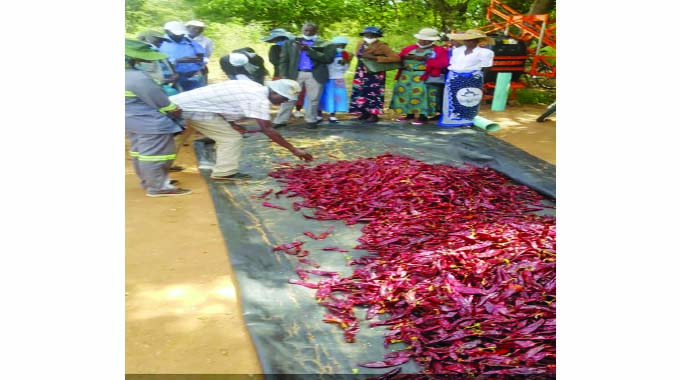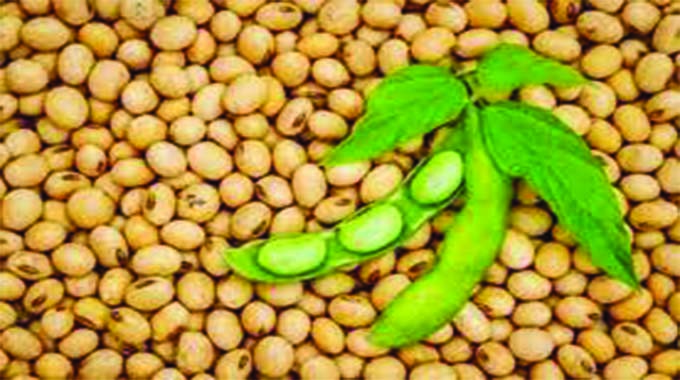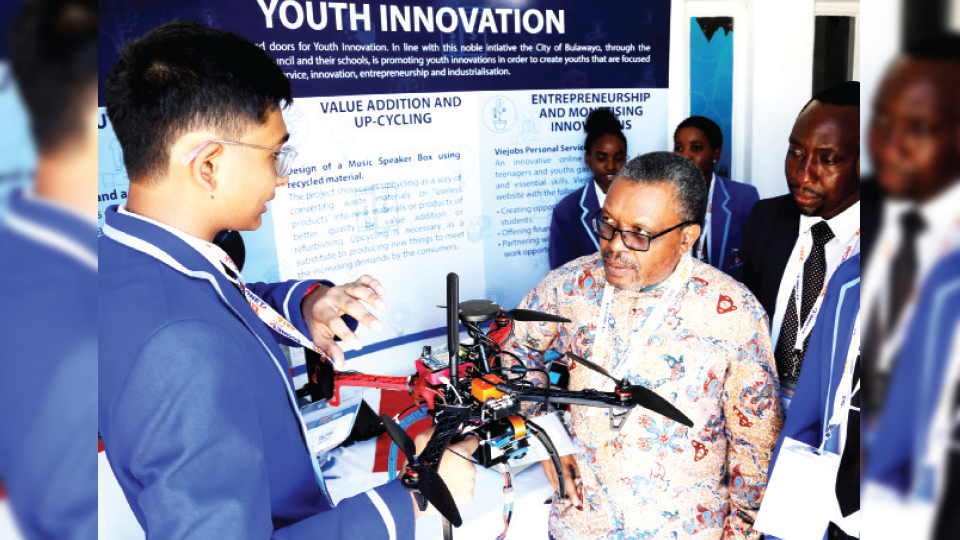Bulilima paprika farmers to rake US$150 000

Sukulwenkosi Dube-Matutu, Chronicle Reporter
HARVESTING of paprika at Moza Irrigation Scheme in Bulilima is underway with a targeted output of about 100 tonnes which is expected to rake US$150 000 in revenue, with local farmers set to receive dividends from sales.
Farmers are harvesting and baling the paprika which is set to be exported to Spain and Italy next month.

The 96-hectare irrigation scheme was recently rehabilitated after going for years being underutilised due to water challenges.
Government, working with various partners, is rehabilitating irrigation schemes that have been lying idle in Matabeleland South Province to improve food and nutrition security and ensure the attainment of an upper middle-income economy by 2030.
Under the Second Republic, Government is prioritising the revival of the agricultural sector through the development of irrigation schemes to alleviate food insecurity and poverty particularly in rural communities.
A number of irrigation schemes that have been lying idle in the province have been revived while some that were being underutilised have been capacitated and expanded.
Investors through partnerships with local farmers have also assisted with resources and equipment to enhance underutilised schemes.
Farmers at Moza Irrigation Scheme were relying on a flood system which was taking up a lot of water resulting in huge water bills which farmers were struggling to pay.

The infrastructure at the irrigation scheme was also dilapidated and the pumps were constantly breaking down which was causing problems for farmers.
The rehabilitation process involved replacing the canal system that was being used at the irrigation with a solar powered drip irrigation system.
Forty hectares have been rehabilitated under the first phase.
Farmers operating at the facility have been producing paprika with the assistance of a local private partner, Spexhall Private Limited which has assisted with production equipment and other resources worth about US$100 000. Once the paprika has been sold farmers are set to realise dividends.
In an interview co-director of Spexhall Private Limited, Mr Gary Rosenfels said once all the paprika is baled it will be transported to Bulawayo where it will be repackaged in preparation for transportation.
“As a company our main duty has been assisting farmers in producing paprika.
We came in with farming equipment and other resources as well as expertise on paprika production.
I’m a paprika farmer myself and I have in-depth knowledge in the area.
For now, farmers are harvesting the paprika though the pace is a bit slow because of the weather,” he said.
“Once all the paprika has dried and baled we will move the bales to Bulawayo where we will process the paprika and repackage it into smaller quantities in preparation for transportation in containers.
We have identified potential markets in Spain and Italy for the paprika.
The farmers have 14 hectares under paprika and we expect a targeted output of 100 tonnes of paprika which will give us US$150 000 as a kg is going for US$1,50.
If all goes well, we plan to start exporting next month.”
He said once the paprika is sold, farmers will get a certain percentage from the sales in the form of dividends.
Mr Rosenfels said their set timelines might be affected by the weather which was delaying the drying of paprika.
The chairperson of Moza Irrigation Scheme, Mr Nkosinathi Ngwenya said they need a drying facility to quicken the process of preparing the paprika.
He said at the moment they were relying on the sun to dry it.
He said the partnership with the private partner has helped boost production.
“We are glad that we have successfully managed to produce paprika under the portion that we have considering that it’s our first time to grow it.
We had targeted 40 hectares but we were able to do 14 hectares.
We are glad that we are on the right track.
This partnership has really helped revive our operations at the irrigation and soon we will be receiving our dividends,” he said.
“When the partner leaves us, we know that we would have gained vast knowledge on paprika production.
We will still remain with the infrastructure which will enable us to continue producing.
For now, we wish to have a dryer and a shed where we can place our paprika while we are processing it.”
He said they harvest the paprika after every two days.

soya beans
Mr Ngwenya said they are also preparing to harvest soya beans so that they can replace it with wheat.
He said now that the irrigation scheme was fully operational, they can sustain their families and realise significant income from their operations.
–@DubeMatutu











Comments